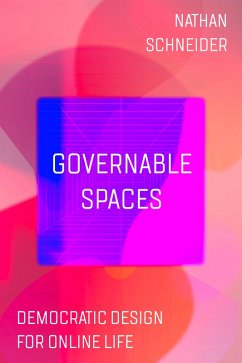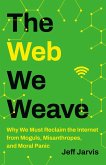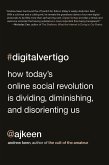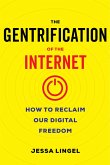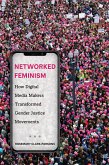A free ebook version of this title is available through Luminos, University of California Press's Open Access publishing program. Visit www.luminosoa.org to learn more. When was the last time you participated in an election for an online group chat or sat on a jury for a dispute about a controversial post? Platforms nudge users to tolerate nearly all-powerful admins, moderators, and "benevolent dictators for life." In Governable Spaces, Nathan Schneider argues that the internet has been plagued by a phenomenon he calls "implicit feudalism": a bias, both cultural and technical, for building communities as fiefdoms. The consequences of this arrangement matter far beyond online spaces themselves, as feudal defaults train us to give up on our communities' democratic potential, inclining us to be more tolerant of autocratic tech CEOs and authoritarian tendencies among politicians. But online spaces could be sites of a creative, radical, and democratic renaissance. Using media archaeology, political theory, and participant observation, Schneider shows how the internet can learn from governance legacies of the past to become a more democratic medium, responsive and inventive unlike anything that has come before.
Dieser Download kann aus rechtlichen Gründen nur mit Rechnungsadresse in A, D ausgeliefert werden.

